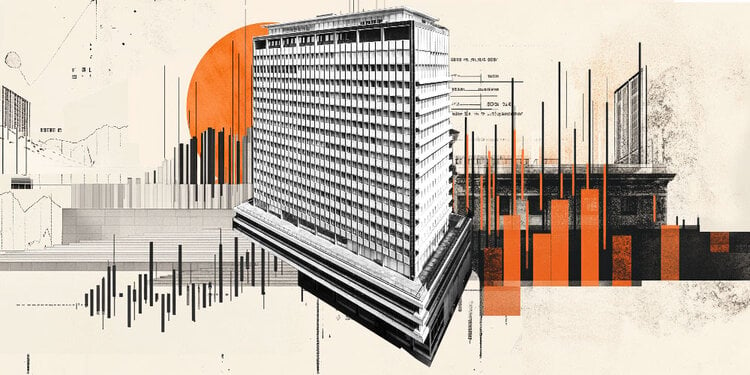His support mission UN at Libya (MANUL) expressed yesterday Thursday (13/7) its “concern” about the kidnappingsthe arrests and enforced disappearances of citizens and public figures, including a former minister, warning against creating a climate of fear and tension.
The mission of the United Nations is “deeply concerned about the ongoing abductions, arbitrary arrests and disappearances of citizens and public figures by various bodies [σ.σ. των δυνάμεων] security in Libya”says a statement released yesterday.
Faraj Abderaman Bhumtari, former Minister of Finance of the National Ethnic Government (2018), “he was arrested on Wednesday on his arrival at Mitiga Airport [της Τρίπολης] and driven to an unknown location”notes MANUL.
According to Libyan media, he was arrested by agents of the Internal Security Agency (IDA); however, this information has not been confirmed by the authorities so far.
Members of Mr Bhumtari’s tribe, of Zouaia, threatened yesterday Thursday blockade oil terminals in eastern Libya if ex-minister not released.
Two critical oil fields in the south (al-Sharara, al-Fil), which produce a third of Libya’s black gold production, have already been blocked by protestersaccording to information circulating on social networking sites, which AFP notes has not been verified, at least so far.
Yesterday Thursday, “five members of the Supreme Council of State were forbidden to travel to the same airport”, adds the announcement of MANUL, citing “publications”.
Mitiga Airport is controlled by the authorities as well as security forces, both of which have the power to deny passengers entry or exit.
The UN mission called on Libyan authorities and security forces to “release all those arbitrarily detained” and “guarantee independent investigations”. for their abductions.
For MANUL, events of this nature create a “climate of fear and fuel inter-communal and tribal tensions”, by definition “inimical” to the “conduct of transparent and inclusive elections” and to “national reconciliation”.
Libya, the country with Africa’s largest oil reserves, remains mired in chaos after the 2011 overthrow of Muammar Gaddafi’s regime, undermined by the east-west divide.
Two governments continue to compete for power: one is based in Tripoli (west), is recognized by the UN and is headed by Abdelhamid Dbayba, the other is based in the east and is supported by the powerful Marshal Khalifa Haftar.
Source: News Beast
With 6 years of experience, I bring to the table captivating and informative writing in the world news category. My expertise covers a range of industries, including tourism, technology, forex and stocks. From brief social media posts to in-depth articles, I am dedicated to creating compelling content for various platforms.







